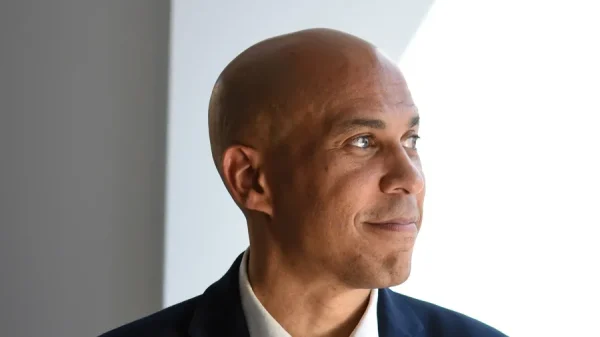Senate passes bill to make Daylight Savings Time permanent
The longtime tradition of changing clocks may soon end; on March 15th, 2022, the Senate unanimously voted to keep Daylight Savings Time permanent.
Since 1918, the United States has used Daylight Savings Time (DST) during the summer and has switched back to standard time during the winter months. The process has given way to the phrase “spring forward, fall back,” referring to the clock being changed one hour forward in spring and one hour backward in fall. However, with the implementation of the Sunshine Protection Act, DST would become the standard.
Changes in daylight schedules already occur due to the Earth’s orbit, however by pushing the time 1 hour later in DST, there is less daylight during civil hours in summer. This is an attempt to regularize schedules in a working society, although the decision was originally made in an effort to conserve energy during the first World War.
The concept itself of modifying clocks to reflect the amount of daylight seen has sparked debate since its implementation itself. Some people would prefer an extra hour of daylight in the morning, which DST provides, while others would prefer more daylight in the evening.
“Daylight savings is a necessary and normal thing we do,” junior Moiz Chaudhry said. “I prefer having [more daylight] as it makes me happier, and I prefer more sunlight in the morning. I’d prefer DST to be permanent if I were to choose, but I believe we should retain the process of changing clocks every 6 months.”
On the other hand, some people are in favor of the change.
“I find the process of changing clocks a little annoying,” junior Viera Gnahore said. “I prefer more sunlight in the afternoon because I’ll actually be able to enjoy it. I’d also prefer standard time to DST because I get to sleep in.”
Domestic time changes can affect international time zones. For example, people living outside the United States may want to contact someone in EST at certain times. These times will change during half the year, which can be frustrating since the time isn’t constant.
This was a big reason for the Senate to unanimously pass the Sunshine Protection Act, in addition to safety and population wellness. There have been claims of the twice-annual clock change causes seasonal depression, traffic accidents, increased crime, and some even attest to heart attacks.
“Daylight savings can present a risk from lack of sleep,” junior Jason To said in support of this claim, referring to how sleepy drivers can cause car crashes among a large number of other problems.
Not everyone thinks like this, though. Since the process is a standardized practice that everyone is used to, there are only a few people heavily affected by it.
“I don’t think it presents a health/safety risk. At most, it affects sleep for one day,” said Chaudhry.
The Sunshine Protection Act may make our time zones constant, but it will affect the geographical zones since the United States would be 1 hour ahead of other countries in the same regional time zone.
After the Senate’s unanimous decision, the House will be next to review the bill. If passed, it will pass President Biden for approval and DST will become the standard for the United States starting in 2023. The House is expected to pass this bill as well, and even Canada is expected to follow suit if the Sunshine Protection Act becomes law.
Lasya Musty is a junior in the Science, Math, and Computer Science Program and this is her first semester writing for the Poolesville Pulse. She has always...








